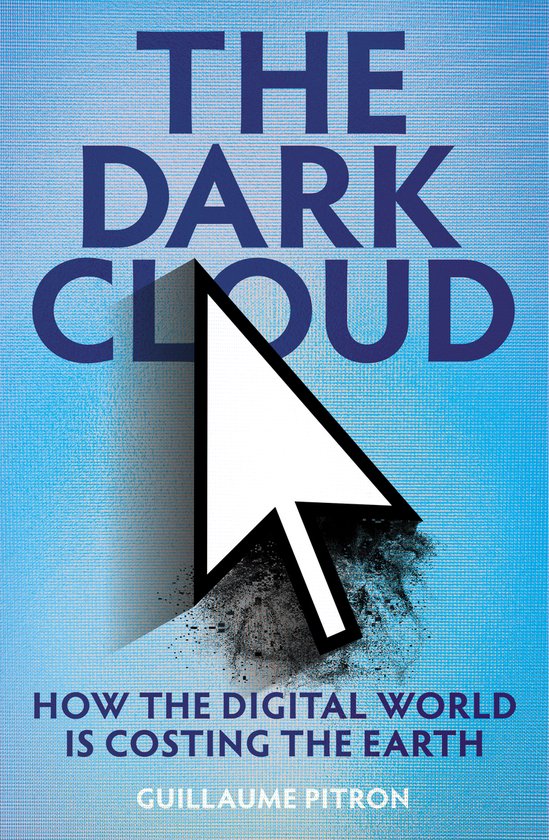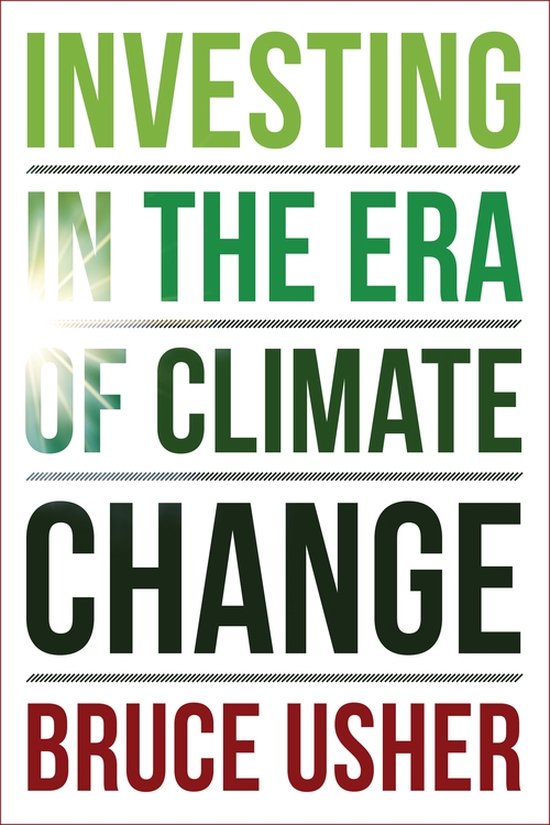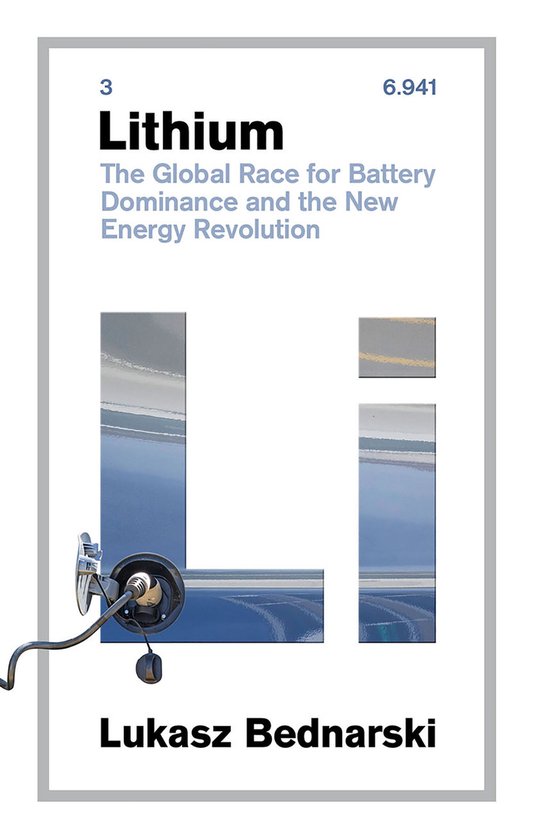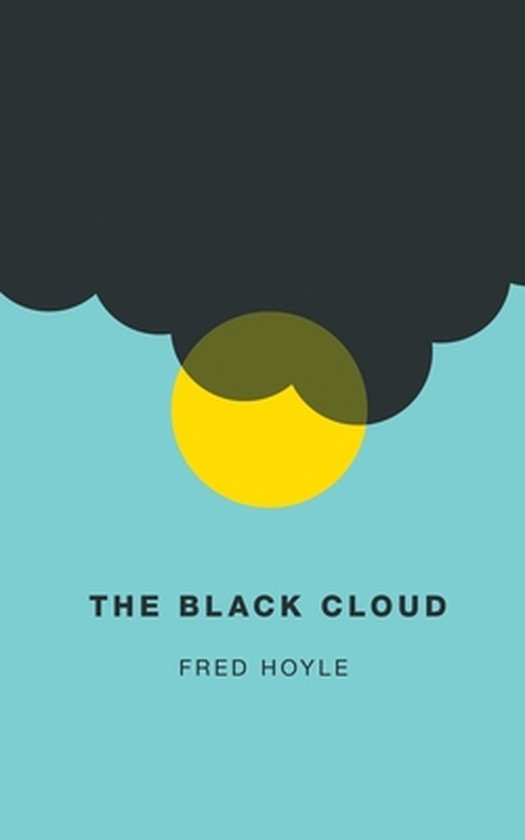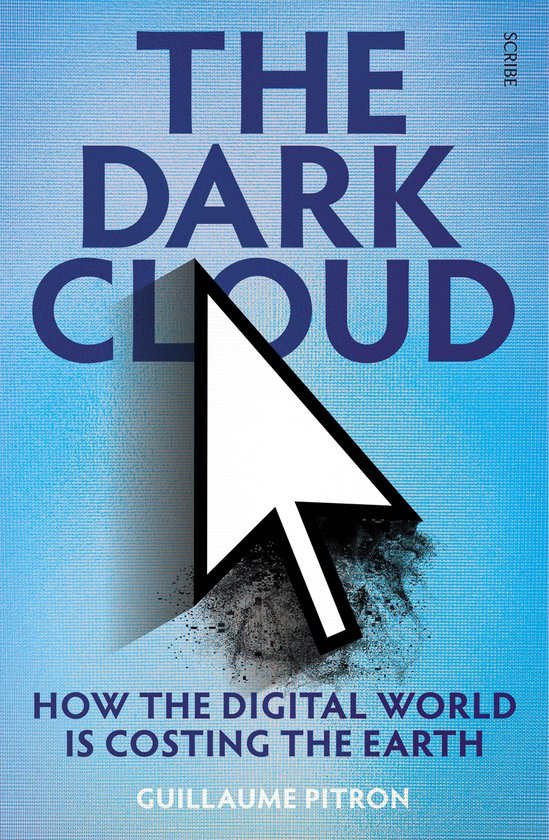
The Dark Cloud
A gripping new investigation into the underbelly of digital technology, which reveals not only how costly the virtual world is, but how damaging it is to the environment.
A simple ‘like’ sent from our smartphones mobilises what will soon constitute the largest infrastructure built by man. This small notification, crossing the seven operating layers of the Internet, travels around the world, using submarine cables, telephone antennas, and data centres, going as far as the Arctic Circle.
It turns out that the ‘dematerialised’ digital world, essential for communicating, working, and consuming, is much more tangible than we would like to believe. Today, it absorbs 10 per cent of the world’s electricity and represents nearly 4 per cent of the planet’s carbon dioxide emissions. We are struggling to understand these impacts, as they are obscured to us in the mirage of ‘the cloud’.
Some telling numbers:
- If digital technology were a country, it would be the third-highest consumer of electricity behind China and the United States.
- An email with a large attachment consumes as much energy as a lightbulb left on for one hour.
- Every year, streaming technology generates as much greenhouse gas as Spain — close to 1 per cent of global emissions.
- One Google search uses as much electricity as a lightbulb left on for up to two minutes.
- All of humanity produces five exabytes of data per day, equivalent to what we consumed from the very beginnings of the internet to 2003 — an amount that would fill 10 million Blu-ray discs which, piled up, would be as high as the Eiffel Tower.
At a time of the deployment of 5G, connected cars, and artificial intelligence, The Dark Cloud — the result of an investigation carried out over two years on four continents — reveals the anatomy of a technology that is virtual only in name. Under the guise of limiting the impact of humans on the planet, it is already asserting itself as one of the major environmental challenges of the twenty-first century.
| Auteur | | Guillaume Pitron |
| Taal | | Engels |
| Type | | E-book |
| Categorie | | Mens & Maatschappij |
